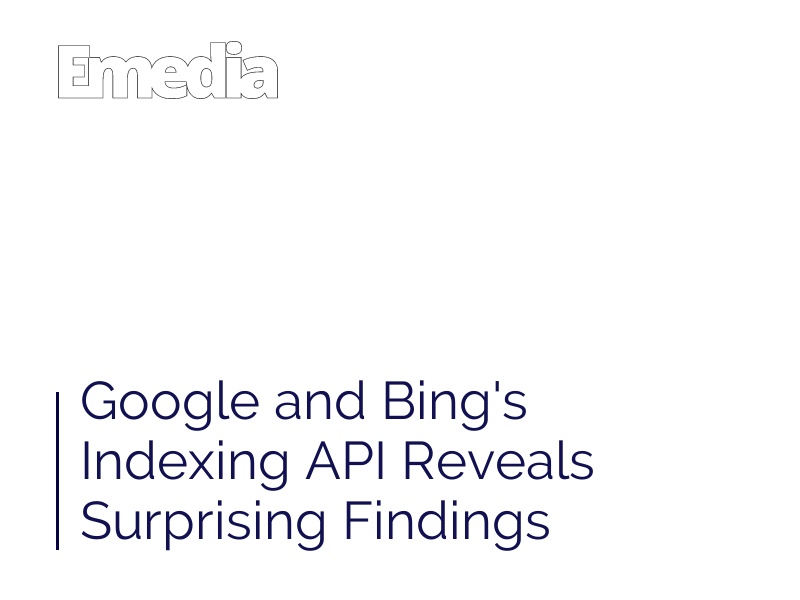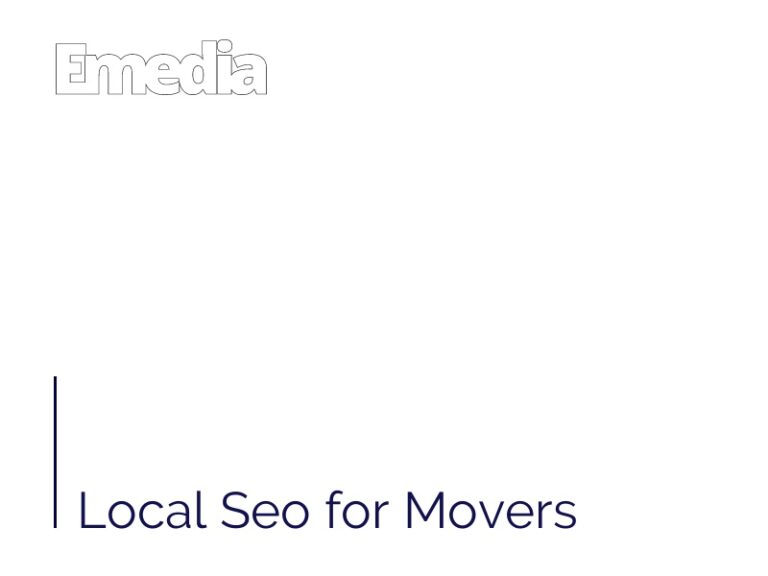The Google and Bing Indexing API has recently uncovered intriguing insights into the behavior and preferences of these search engines when it comes to indexing web pages.
This article sheds light on the disparities between Google and Bing's indexing systems, caching behaviors, and response to the Indexing API.
It also delves into the impact of title changes, deindexation reasons, and Bing's URL cache behavior.
By examining these findings, website owners and SEO professionals can enhance their content optimization strategies for improved visibility and ranking on these search engines.
Key Takeaways
- Google's Indexing API is only for job postings and broadcasting events with a video object.
- Bing may prioritize sources that use IndexNow due to limited resources.
- Google and Bing use different systems for indexing and different answer-question pairing methodologies.
- Google may deindex a website if there are excessive requests or if the web page has broken context.
Google and Bing's Indexing API Usage Patterns
The analysis of Google and Bing's Indexing API usage patterns provides valuable insights into the behavior and preferences of these search engines.
It is important to note that Google's Indexing API is primarily used for job postings and broadcasting events with a video object, while Bing's usage is not limited to specific web page types.
Google may prioritize indexing differently between the Indexing API and the Request Indexing process in Google Search Console. Additionally, Google caches the first version of a web page, not the updated version, and the time stamp on the Google Cache indicates the time of the snapshot.
Comparing Bing's cache behavior with Google's can offer further insights, and log file crawl hits can provide more information on Bing's caching behavior.
Understanding these usage patterns can help website owners optimize their content for better visibility on these search engines.
Differences in Google and Bing's Indexing Prioritization
Interestingly, Google and Bing exhibit distinct prioritization strategies when it comes to indexing web pages.
Google's indexing prioritization may differ between its Indexing API and Google Search Console's Request Indexing process. It caches the first version of the web page and displays the time stamp of the snapshot. Google also shows the publication date as 'X Hours Before' with a separator, but removes it from the snippet after 24 hours.
On the other hand, Bing's URL cache behavior is different. It may take longer to refresh its index when using IndexNow and shows the inception date of the document as the first hit date. Bing continues to keep the web page indexed based on the date mentioned in the articles.
Comparing Bing's cache behavior with Google's can provide valuable insights into the indexing prioritization strategies of these search engines.
The Impact of Google's Cached Web Pages
One may observe significant implications stemming from Google's cached web pages on search engine results and user experience.
Google's cached web pages play a crucial role in providing users with access to content even when the original page is no longer available or has been updated. These cached versions serve as a backup and allow users to retrieve information that may have been removed or altered on the live webpage.
However, it is important to note that the cached version may not always reflect the most recent changes made to the webpage. This can impact the accuracy and relevance of search engine results, potentially leading to a less satisfactory user experience.
Webmasters and content creators should be aware of these implications and take steps to ensure that the cached versions of their web pages accurately represent the current content.
Understanding the Timestamp on Google Cache
By examining the timestamp on Google Cache, webmasters and content creators can gain valuable insights into the version of their webpage that is being displayed to users. The timestamp on Google Cache shows the time of the snapshot, allowing them to determine how recent or outdated the cached version is.
This information is crucial for ensuring that users are seeing the most up-to-date content on their websites. It also helps webmasters identify any discrepancies between the live version of the webpage and the cached version, which could affect the user experience and search engine rankings.
The Role of IndexNow in Bing's Indexing Process
The implementation of IndexNow in Bing's indexing process has significantly improved the speed and efficiency of indexing new content. IndexNow is a protocol used by search engines for content creators to notify them of new content. By utilizing IndexNow, Bing is able to prioritize sources that use this protocol, resulting in faster and more accurate indexing of new web pages. This improvement in indexing speed and efficiency allows Bing to provide more up-to-date search results to users. Additionally, Bing's use of IndexNow ensures that content creators can quickly and effectively notify the search engine of any new content they have published. Overall, the integration of IndexNow in Bing's indexing process is a positive development that benefits both content creators and search engine users.
| Column 1 | Column 2 | Column 3 |
|---|---|---|
| Improved | Speed | Efficiency |
| IndexNow | Bing | Indexing |
| Content | Protocol | Search |
Bing's Refresh Rate and IndexNow Usage
Interestingly, Bing's refresh rate and usage of IndexNow have been a subject of discussion among SEO professionals due to their impact on indexing speed and search result accuracy.
SEO professionals have been analyzing Bing's refresh rate to understand how quickly new content is indexed and made available in search results.
Additionally, the usage of IndexNow by Bing has been a topic of interest, as it allows content creators to notify search engines about new content. SEO professionals are interested in understanding how Bing prioritizes sources that use IndexNow and whether it affects the speed and accuracy of search results.
Contrasting Google and Bing's Indexing Systems
Both Google and Bing utilize distinct indexing systems, each with its own set of methodologies and processes, providing an interesting comparison for SEO professionals to analyze and optimize their strategies. While both search engines aim to index and organize web pages for efficient retrieval of information, they differ in their approach and behavior. To gain a deeper understanding of these differences, let's compare Google and Bing's indexing systems in the table below:
| Google's Indexing System | Bing's Indexing System |
|---|---|
| Uses Indexing API for job postings and broadcasting events with a video object | IndexNow protocol may be prioritized due to limited resources |
| Indexes the first version of web pages, not the updated version | May take longer to refresh its index when using IndexNow |
| Shows the publication date as 'X Hours Before' with a separator | Does not immediately cache indexed web pages |
The Influence of Web Page Title Changes on Google's Summary
Changing the web page title can significantly impact the summary displayed by Google. This finding was revealed during a discussion on the influence of web page title changes on Google's summary.
It was observed that when the title of a web page is modified, Google may update the summary shown in its search results. This suggests that the title plays a crucial role in determining how Google presents the content to users. It emphasizes the importance of crafting an attention-grabbing and informative title that accurately represents the page's content.
Using Google's Indexing API Responsibly to Avoid Deindexation
By following responsible practices and utilizing Google's Indexing API effectively, web page owners can ensure their content remains indexed and avoid the risk of deindexation. The Indexing API of Google and Bing provides valuable insights into their indexing processes.
Here are some key points to consider:
- Google's Indexing API is specifically designed for job postings and broadcasting events with a video object.
- Google's indexing prioritization may differ between the Indexing API and the Request Indexing process in Google Search Console.
- Bing may prioritize sources that use the IndexNow protocol due to limited resources.
- Google and Bing use different systems for indexing and have different answer-question pairing methodologies.
Understanding these nuances can help web page owners optimize their indexing strategies and maintain their online presence.
It is important to stay updated with the latest developments and guidelines from search engines to ensure long-term visibility and success.
Conclusion
In conclusion, the Google and Bing Indexing API findings provide valuable insights into the behavior and priorities of these search engines.
The differences in their indexing systems, caching behaviors, and response to the Indexing API highlight the need for website owners and SEO professionals to optimize their content strategically.
Understanding the impact of title changes on search engine summaries and utilizing the IndexNow protocol for Bing can lead to better visibility and ranking on these search engines.












